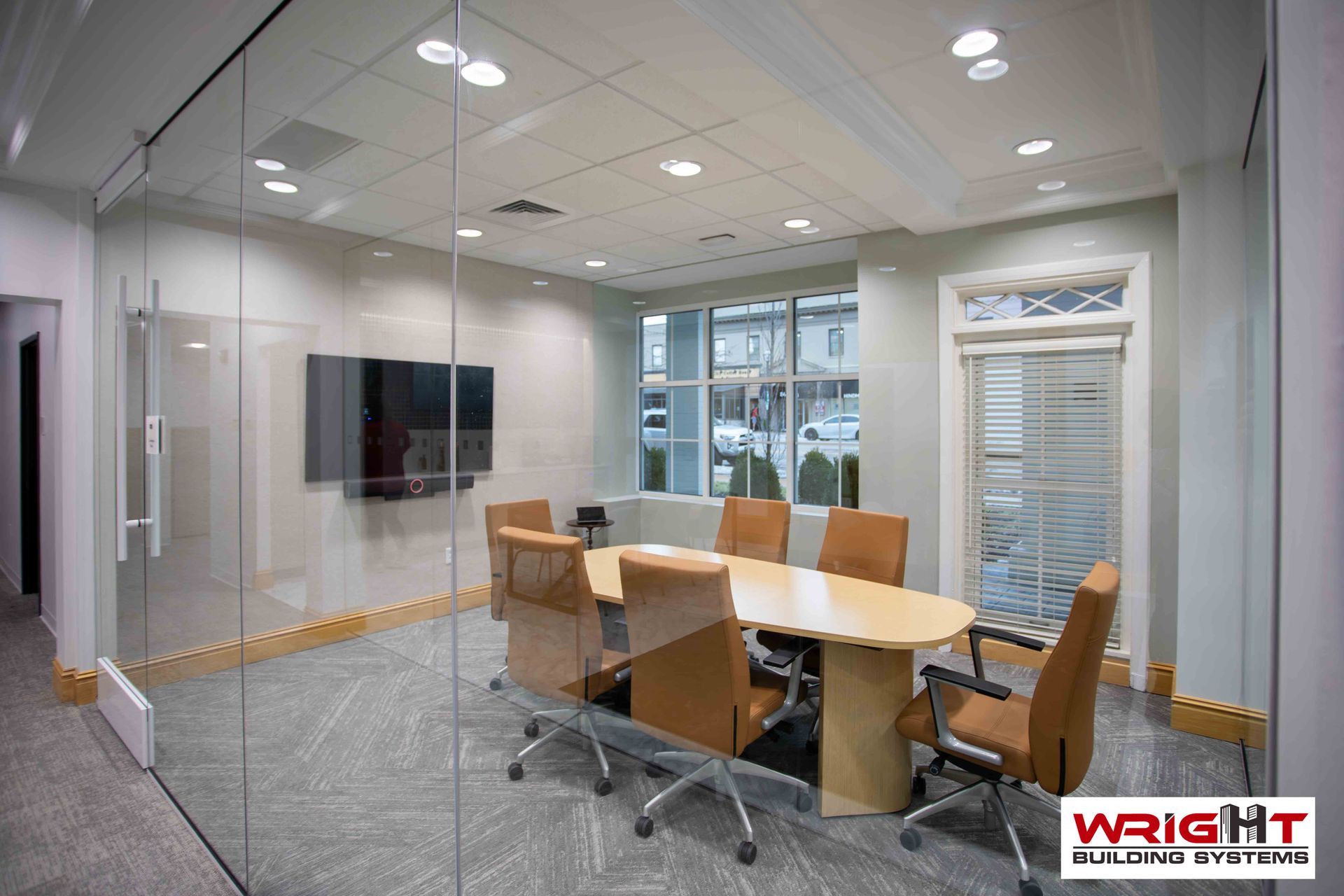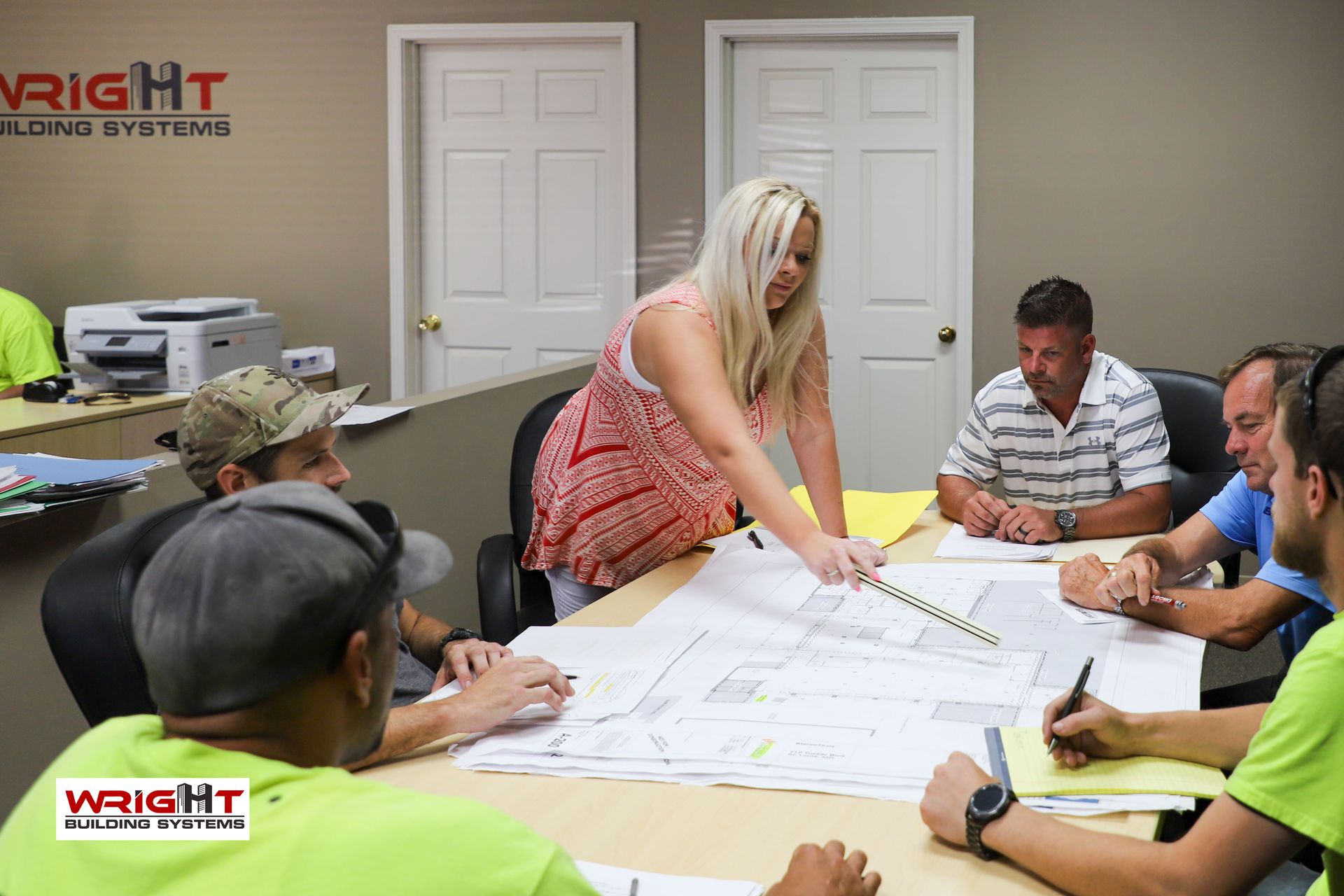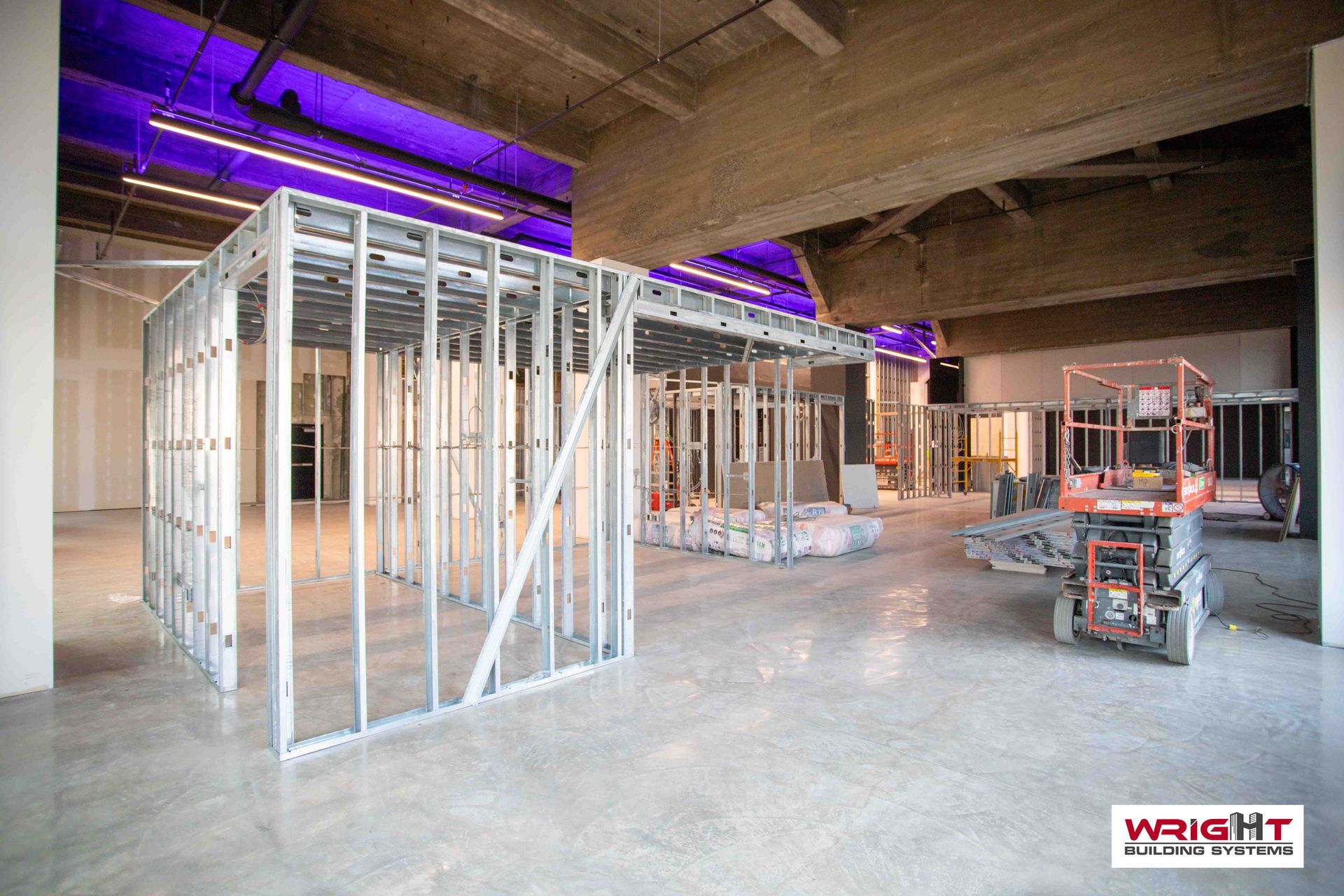Six Tips for a Successful Commercial Construction Project
It takes a team to keep a construction project on track, from stakeholders to subcontractors and everyone in between. Still, the more people involved, the higher the risk of delays, cost overruns, or even work stopping altogether. While we may not be able to predict everything that could go wrong, there is plenty that we can do on and off the job site to help things run smoothly and help ensure a successful commercial construction project.
Communication Is Key
Don't overlook the importance of overcommunication. Don't let details (large or small) fall through the cracks — this can cause a domino effect that can ripple throughout the entire project. Encourage all team members to share their feedback and pass along updates as the work progresses; collaboration software is a great way to do this.
Open-door communication also builds a culture of accountability. If a problem arises, team members will feel more inclined to address it ASAP so everyone can work together to find a speedy solution. Non-disclosure can even carry the risk of contract breaches, which could be a complication at best but may become litigious.
Invest In Tech
If you're in the construction industry, you know that human error can happen. These errors can grow exponentially with the number of team members. While there are some processes (like human labor) that tech can't replace, there are quite a few that it can, streamlining the project along the way and helping reduce the chance for human error.
Project scheduling, invoicing, accounting, and even payroll — when these functions are completed by software, it frees up employees to work on the labor-related tasks that help keep construction projects on schedule.
Document Everything
Every agreement made regarding a project needs to be backed up with a written, signed contract, with no exceptions. First and foremost, this delivers the scope of work without ambiguities, so the parties involved won't risk a breach. It helps clarify expectations, like timelines and budgets, which are essential for a successful construction project.
Additionally, contracts are documentation that could become evidence in legal disputes. Although construction projects do not often end in litigation, it does happen, and contracts can expedite a decision.
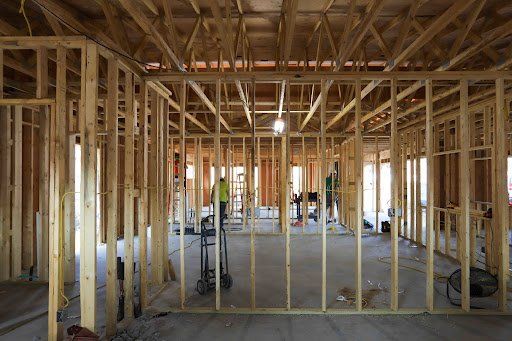
Don't Cut Corners
Skimping leads to substandard work that needs to be redone, slows down timelines, and bursts bubbles. For clients, this means not choosing the cheapest bid from construction contractors or going with vendors that offer cheap, low-quality construction materials.
For contractors, this means not cutting corners regarding labor, supplies, or other costs. While it may be tempting to boost profits by skimping in other areas, it will impact your reputation and customer satisfaction. The bottom line of any business suffers when they don't meet client expectations.
Focus On Safety
The conditions on construction job sites are already inherently dangerous, even if everyone is doing what they should be. One small mistake could cause injury (or worse) that throws everything off. Don't assume that everyone involved knows how to stay safe; provide ongoing and comprehensive, site-specific safety training.
Optimized project scheduling is also a part of creating a culture of safety. Having the right people with the right skills on the job offers peace of mind. Scheduling will also help managers avoid working their team for longer days, leading to fatigue that reduces cognitive function and ultimately an accident.
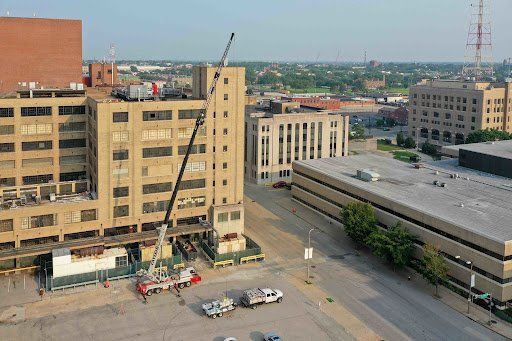
Work With Experts
A commercial contractor or commercial builder provides comprehensive project management services. The goal is to keep the project running smoothly from start to finish. A contractor hires and manages subcontractors. They also communicate with the client and keep the project on time and within budget.
If you want a superior commercial construction experience, choose Wright Building Systems. We've earned a reputation as the contractor of choice for value-minded clients who care about getting the job done right the first time. Our professional contractors provide top-quality commercial construction services at fair, market-competitive prices.
The WBS team focuses on daily communication, transparency, and building relationships with clients. We are intimately involved in your project every step of the way.
Contact us today to learn more!

